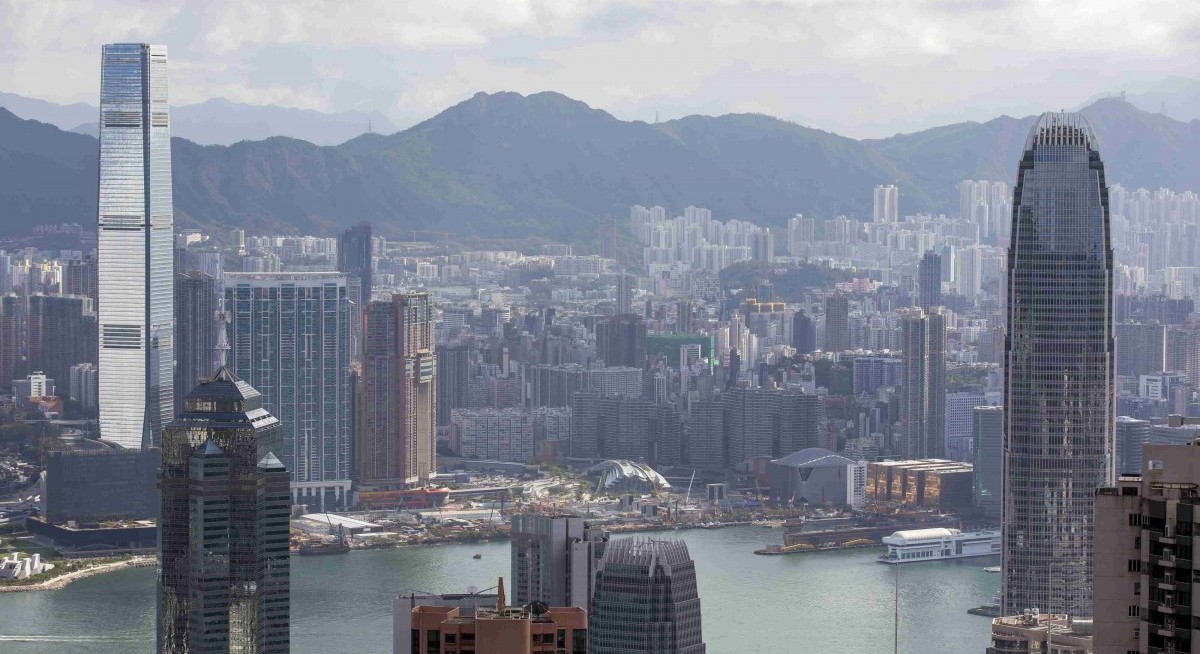If the situation continues, it will threaten Hong Kong’s standing as an international financial center, the association said.
The rare remarks from the industry body highlights the dire operating conditions faced by the industry. Hong Kong banks are facing growing challenges due to their exposure to the city’s real estate sector, as they gear up for an increase in bad debts.
“It’s a vicious cycle. Banks are now forced to sell the assets on the cheap,” said Charles Lam, permanent honorary president of the chamber. Lenders are therefore less willing to provide real estate loans, leading to liquidity crunch for investors and ultimately fewer new projects in the next few years, he added.
“We fear this will have a domino effect on the market and collapse the finance and real estate industries,” Lam said.
See also: Hong Kong economy grows most since 2021 as trade and IPOs surge
The association counts real estate investors, fund managers and property developers as its members, including Hongkong Land Holdings, Link Asset Management and Sino Land, according to its website.
The chamber proposes a fund with an initial size of HK$20 billion led by the government or semi-government entities as seed investors. It cited public bodies including the Hong Kong Monetary Authority and the Hong Kong Mortgage Corporation as potential investors, which could provide 25% of the initial capital, with another 25% coming from institutional investors, and the remaining 50% open to public retail investors.
The fund could list publicly on the Hong Kong stock exchange in the future as well, according to the chamber. Lam likened it to the Tracker Fund of Hong Kong, which was created after the government acquired a portfolio of Hong Kong-listed shares during the Asian Financial Crisis in 1998 to sustain market stability.
See also: Hong Kong’s housing market rebounds with renewed city buzz
Industry stakeholders have become increasingly vocal in advocating for measures to revitalise the commercial property market. Lawmaker Louis Loong, representing the sector, has proposed that the government consider converting more commercial land into residential or mixed-use developments to help ease the oversupply.
The HKMA declined to comment. The Hong Kong Mortgage Corporation and the government didn’t respond to queries.
The city’s soured loans rose to US$25 billion at the end of March to a two-decade high, making up 2% of the total, Fitch Ratings estimates, based on Hong Kong Monetary Authority figures.
That number may climb to 2.3% by year-end, the biggest jump in Asia Pacific, and loan quality is likely to worsen further through 2026, according to the ratings firm.
Prices of office units and retail space in Hong Kong plunged by 48% and 41% respectively, from their 2018 highs, according to government data, wiping the value of collateral backing many bank facilities.
Schroders saw two assets managed by its property investment arm seized by bank creditors within a few months, Bloomberg News reported in early September.




